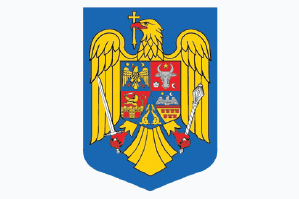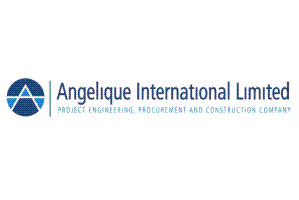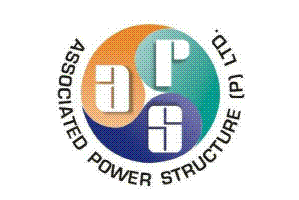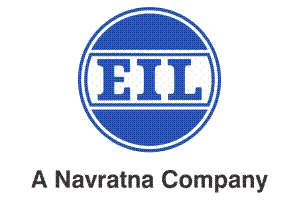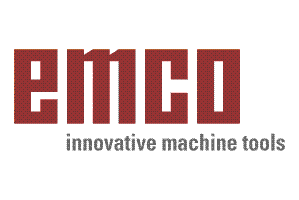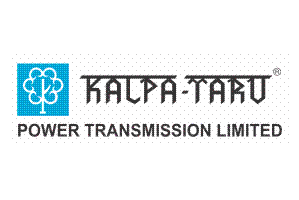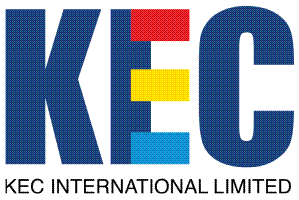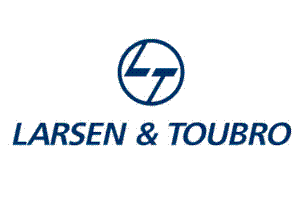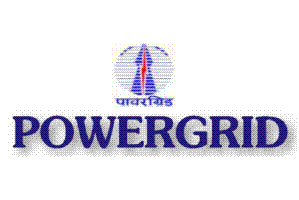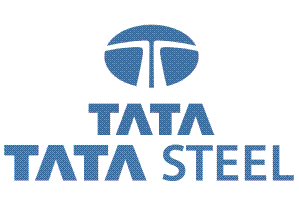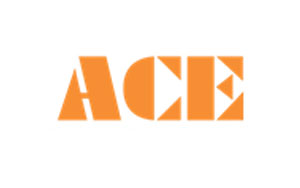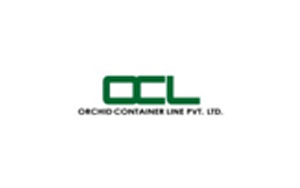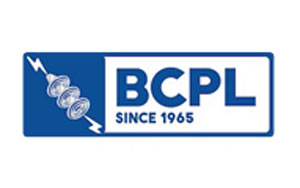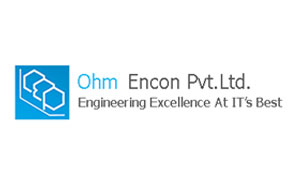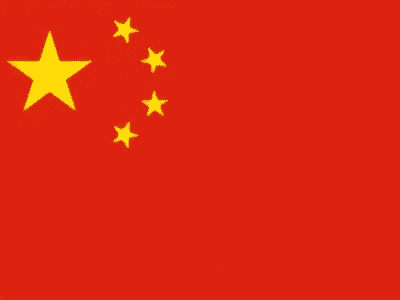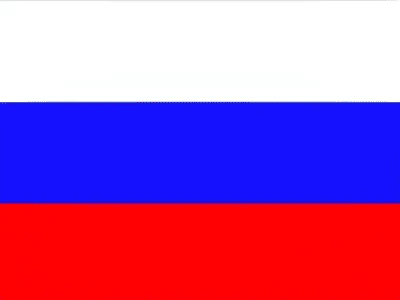
Quality Matters in the Translation Industry
In an increasingly interconnected world, language barriers can be a significant obstacle to growth and collaboration. The translation industry is therefore experiencing significant growth, a trend expected to continue in the coming years. Hence, the translation industry is a requisite mechanism that facilitates communication between diverse linguistic communities and cultures. It eventually allows companies to expand at the international level and people to connect across cultural borders. In the future, machine translation and computer-assisted translation software will improve and will therefore produce better and more efficient translation services.
Companies that use machine translation efficiently will gain, as less can be paid for the same amount of translation. More content can be published for the same price or less. A rise in regional language translation (E.g., India). Quality is supposed to be of prime importance in the so-called translation industry for the below-mentioned reasons :
- Accuracy: An individual must translate a particular content accurately as it ensures that the intended message is conveyed without any error. A single mistranslation can change the entire meaning of a text which leads to confusion. That is why accuracy plays an integral role while doing the translation.
- Cultural Sensitivity: Translators must understand the cultural nuances of both the source and target languages to accurately convey the intended tone, style, and context. Cultural insensitivity can lead to offense or misinterpretation.
- Contextual Understanding: Translators need to understand the context in which the text is being used to provide an accurate translation. This includes understanding the target audience, the purpose of the translation, and any industry-specific jargon or terminology.
- Proofreading and Editing: Thorough proofreading and editing are essential to catch errors, ensure clarity, and improve the overall quality of the translated content. This includes reviewing grammar, syntax, punctuation, and formatting.
- Brand Image: Translated content often represents a company or brand to an international audience. Poor-quality translations can damage a brand’s reputation, while high-quality translations enhance credibility and professionalism.
- Long-term Impact: Quality translations have a lasting impact on how a message is received and understood by the target audience. Investing in quality upfront can save time and resources in the long run by avoiding costly mistakes or revisions.
Stages of High Quality Translation Assurance
There are 3 stages of high quality translation assurance are given as follows:
- Pre translation stage
- Translation, Editing & Proofreading stage
- Post translation stage
Conclusion :
Astonishingly, the vast majority of translators who work in the translation industry do not have any knowledge about the target language as they specialize in translating the content and not in that particular language. So they are merely translating the language from the source language to its target language without even understanding.
Fortunately in “La Classe Translation” the translators are highly qualified and have all the prior knowledge required for it. So there will be fewer chances of making mistakes as the translator is already familiar with that particular language. The translator will be able to deliver faster and more reliable translations.
Accurate translations build trust, enhance reputation, and contribute to effective communication across borders. By investing in quality, we not only ensure the integrity of our translations but also pave the way for a more sustainable future. In conclusion, quality matters in the translation industry not only for accurate communication but also for environmental sustainability.




